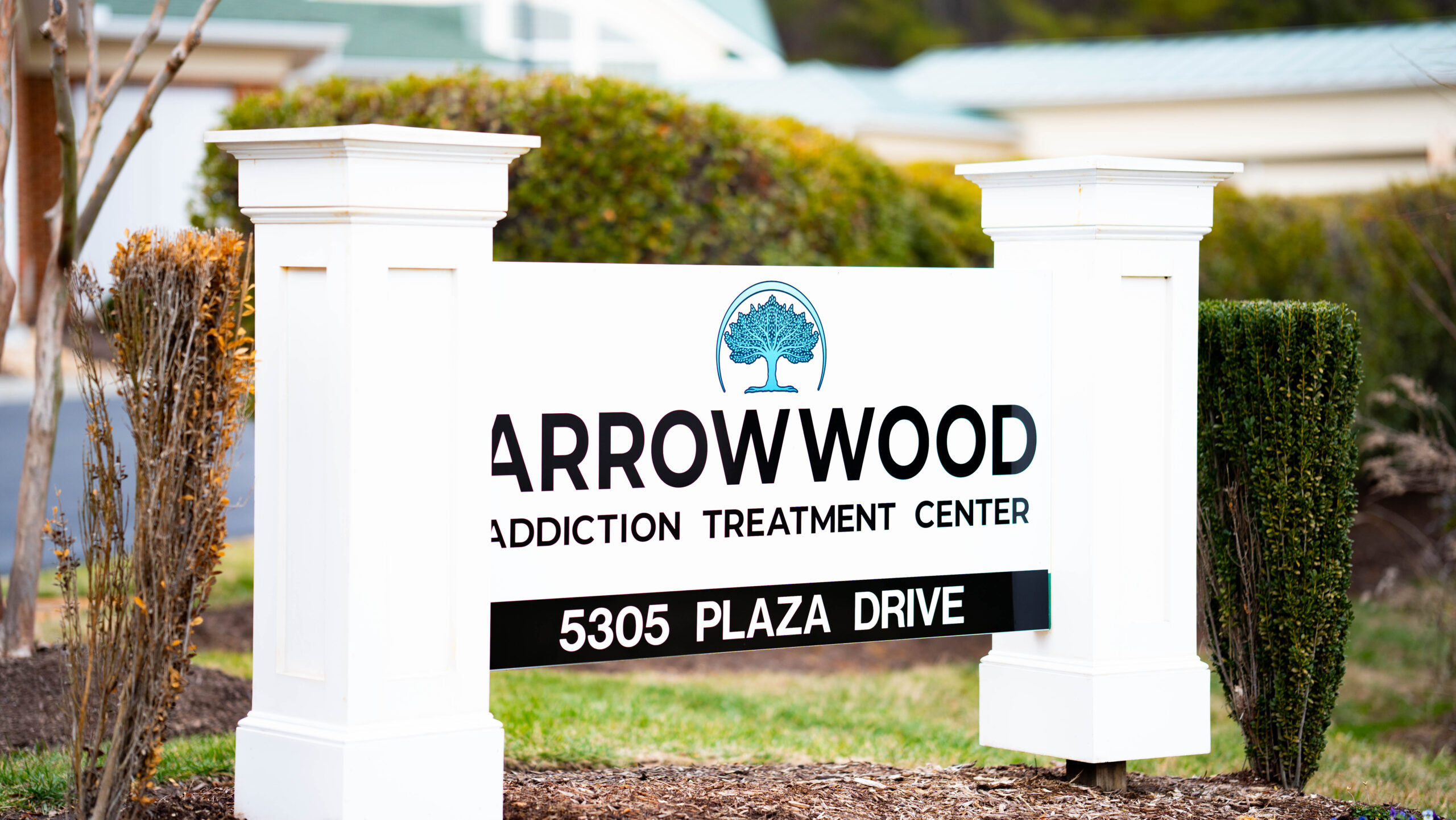Browsing the Trip of Detoxing in the Comprehensive Addiction Therapy Program
Starting the path of cleansing within the framework of a detailed addiction therapy program is a critical phase in the trip in the direction of recovery. The process of detoxification holds a considerable function in damaging the physical reliance on materials and preparing the person for the subsequent stages of therapy. Nevertheless, navigating through cleansing is not simply an issue of physical cleansing; it involves an intricate interaction of emotional, emotional, and social aspects that require careful consideration and support. As people come to grips with the obstacles of withdrawal signs and the unpredictabilities that exist ahead, having a robust support and a structured strategy system in place ends up being vital. In this conversation, we will certainly check out the complex elements of cleansing within the extensive addiction therapy program and shed light on the essential parts that form this transformative journey in the direction of healing.
Value of Cleansing in Recuperation

Detoxification establishes the foundation for the remainder of the addiction treatment program by preparing the person for more treatment and counseling. By cleansing the body of materials that have been clouding judgment and affecting habits, detox enables patients to approach their recuperation with a clearer mind and more powerful focus.
In addition, detoxing assists in managing the possibly severe withdrawal symptoms that may emerge when medication or alcohol usage is stopped. Clinical experts carefully keep track of clients during detox to guarantee their security and offer essential assistance. Through this procedure, people can begin their trip in the direction of soberness with a stabilized mental and physical state, boosting the chance of an effective recuperation.
Understanding the Detox Process
Detoxing, a basic part of dependency therapy programs, entails an organized procedure targeted at safely eliminating unsafe materials from the body to help with a successful healing journey. The detox procedure normally begins with an evaluation to evaluate the individual's compound use history, physical health and wellness, and psychological health. This examination helps medical care specialists figure out the most appropriate detox strategy customized to the person's requirements.
Throughout detox, the body experiences withdrawal as it gets used to the lack of the substance. Withdrawal signs differ depending upon the kind of material used, the period of use, and specific factors. Medical guidance throughout detoxification is vital to handle withdrawal symptoms and ensure the individual's safety and comfort.

Managing Withdrawal Symptoms

Medications might be utilized to reduce particular withdrawal signs and symptoms and decrease discomfort. Drugs like methadone or buprenorphine can help manage opioid withdrawal signs, while benzodiazepines may be utilized for alcohol withdrawal. It is important for health care suppliers to carefully monitor the individual's feedback to these medicines to ensure their safety and performance.
Along with medicinal treatments, supportive treatments such as therapy, peer support system, and alternative methods like mindfulness meditation or yoga can assist people deal with the psychological and mental obstacles of withdrawal. By addressing withdrawal signs adequately, doctor can enhance the cleansing experience and assistance individuals on their trip to recuperation.

Support Equipments During Detox
Assistance systems play a crucial duty in supplying social and emotional help to people going through detoxification in addiction therapy programs. During the detoxification procedure, people commonly experience an array of physical and psychological withdrawal signs, making this phase difficult - Addiction Treatment Center. Having a strong support system in position can considerably affect the person's ability to navigate via detoxification successfully
Member of the family, pals, support groups, and health care experts are vital components of the support group. Family members friends and additional resources participants can provide support, understanding, and a feeling of belonging throughout this tough time. Support groups provide a platform for people to get in touch with others that are undergoing similar experiences, providing a sense of area and shared understanding. Health care experts, consisting of specialists, therapists, and medical professionals, play a critical role in checking the person's progress, providing medical support, and using assistance throughout the detoxification process.
Looking Ahead: Life After Detox
Having actually efficiently completed the detoxing phase, individuals in dependency treatment programs now concentrate on planning for the obstacles and chances that lie ahead in their journey towards recuperation. Life after detox marks an important shift duration where individuals need to remain to develop on the development made throughout detox to preserve their soberness. It is necessary for people to acknowledge that the trip towards recuperation is ongoing and needs dedication, dedication, and a readiness to accept change.
One secret element of life after detox is the growth of dealing systems to handle triggers and yearnings that may emerge. This might entail learning new abilities, such as mindfulness practices, cognitive-behavioral methods, and tension monitoring techniques, to browse difficult circumstances without turning to compound use. helpful resources Furthermore, individuals are urged to proactively involve in recurring therapy, support system, and aftercare programs to reinforce their assistance network and obtain support as they browse the intricacies of life post-detox.
Verdict
To conclude, cleansing is a critical component of the comprehensive addiction therapy program. Comprehending the detoxification process and managing withdrawal signs are vital actions towards recuperation. Assistance systems play a significant duty during this tough journey. Addiction Treatment Center. Looking in advance, life after detoxification holds assurance for a healthier, substance-free future. It is essential to acknowledge the value of detox in the Extra resources process of conquering dependency and moving in the direction of a life of sobriety.
Clinical supervision throughout detoxification is important to take care of withdrawal symptoms and ensure the individual's security and convenience.
By comprehending the detoxification process and its value in breaking the cycle of dependency, individuals can embark on a course towards lasting recovery.
Throughout the detoxification process, people typically experience a range of physical and mental withdrawal symptoms, making this stage challenging. Health care professionals, consisting of therapists, therapists, and medical professionals, play an essential role in keeping track of the individual's progression, supplying medical support, and offering guidance throughout the detox procedure.
Life after detox marks a critical transition period where individuals need to proceed to build on the progression made throughout detoxification to preserve their sobriety.
Comments on “Customized Recovery: Advantages of a Certified Addiction Treatment Center”